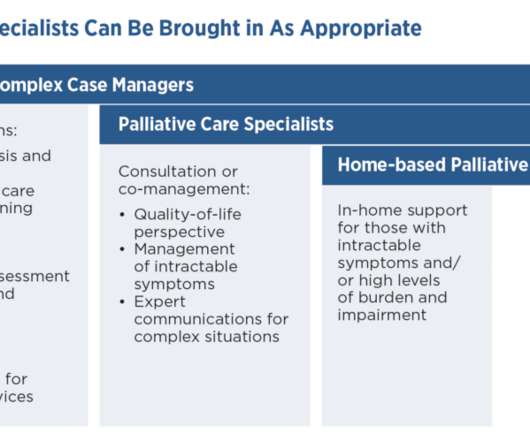OSF deploys care transition program, reduces readmission rate from 29% to 9%
Healthcare It News
JUNE 24, 2024
"The existing systems were fragmented, with each care setting operating in a silo ," he explained. "This lack of integration led to incomplete information being passed along at each stage of patient transfer, resulting in suboptimal post-discharge care.












Let's personalize your content